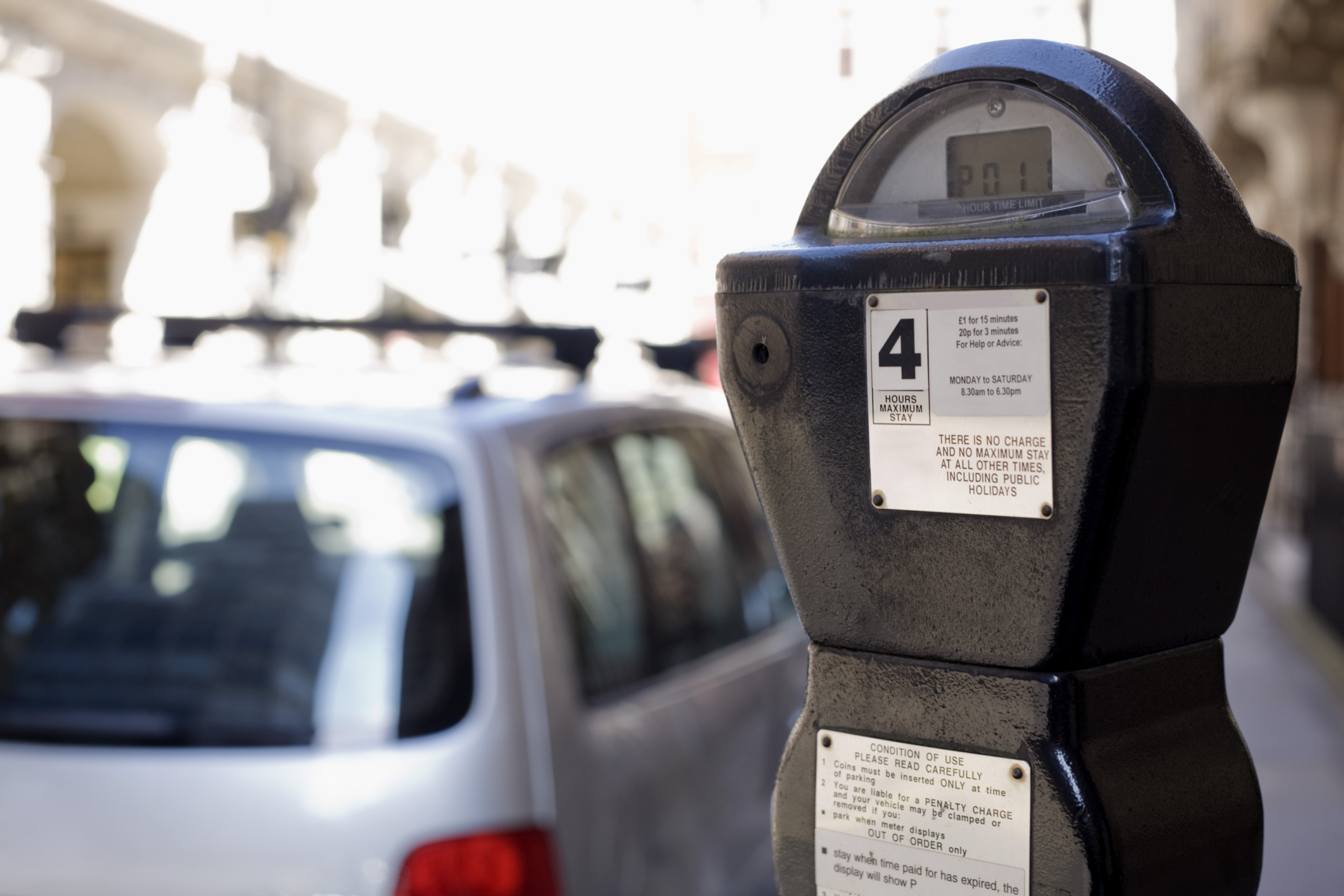On the road to fairer wages
The M25 is one of the busiest motorways in all of Europe – an estimated half a million cars travel on it each day. One portion of the continent’s second longest orbital road spans a full twelve lanes.
Maintaining and supporting such a massive motorway is no easy task, and you’d expect those on the job to be paid fairly for work that’s often dangerous and distressing.
But M25 maintenance, emergency and incident support workers have had no choice but to take industrial action against their employer – they haven’t had a pay rise in four years, and some of the contracted workers are on inferior sick pay terms.
Unite attempted to resolve the dispute, but to no avail, meaning strike action is on the horizon commencing Monday, February 16. The 24-hour strike will be followed by additional single-day strikes every week thereafter. They will also be working to rule, which could lead to delays in in clearing accidents, gritting the motorway and repairs.
Unite argues that the employer, Connect Plus Services (CPS), operates on a multi-billion pound surplus, and so can more than afford to pay its workers more.
The union said the dispute can easily be solved by meeting workers’ demands for a £30,000 basic wage, day-one sick pay and full recognition of the union by the employer. Currently, some workers are not entitled to sick pay for the first three days of ill health.
The average wage across the workforce at present is ÂŁ25,000, while the CEO of Balfour Beatty, one of the contractors part of CPS, is paid 32 times more than its average worker, with a basic wage of ÂŁ800,000 a year.
“This is a lucrative 25 year contract to maintain the M25 which will make Connect Plus Services ÂŁ7 million operating surplus each year,” said Unite officer for the construction sector Malcolm Bonnett. “There is plenty of room in it for the company to pocket healthy profits while paying decent wages and harmonising the workers’ terms.”
“These workers are out in all weathers, working long hours -sometimes as long as 50 plus hours a week – in extremely hazardous conditions facing fast-moving traffic,” he added. “These are the workers who have to clear up after accidents, which is extremely distressing work. They risk their lives to keep the orbital running and the 200,000 cars on it every day moving.
“By any measure they deserve a fair wage, which is all they are asking for, paid for from company profits, not pinched from the wage packets of the workers,” Bonnett went on to say. “So we are appealing to the employers, sit down with us, work with the union, get this dispute sorted and keep the M25 moving.”
CPS workers voted almost unanimously for the planned series of actions, with 97 per cent in favour of working to rule and 97 per cent in favour of one day of strike actions every week until their demands are met.
 Like
Like Follow
Follow


